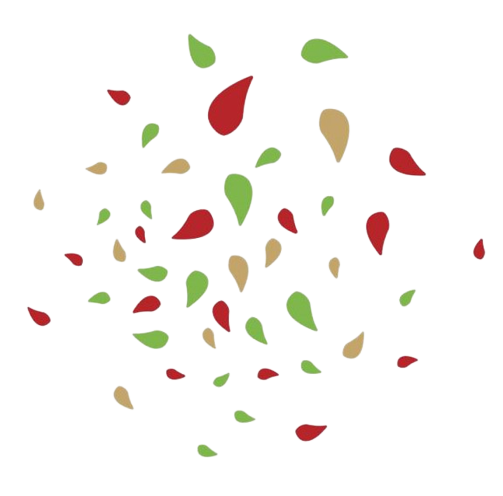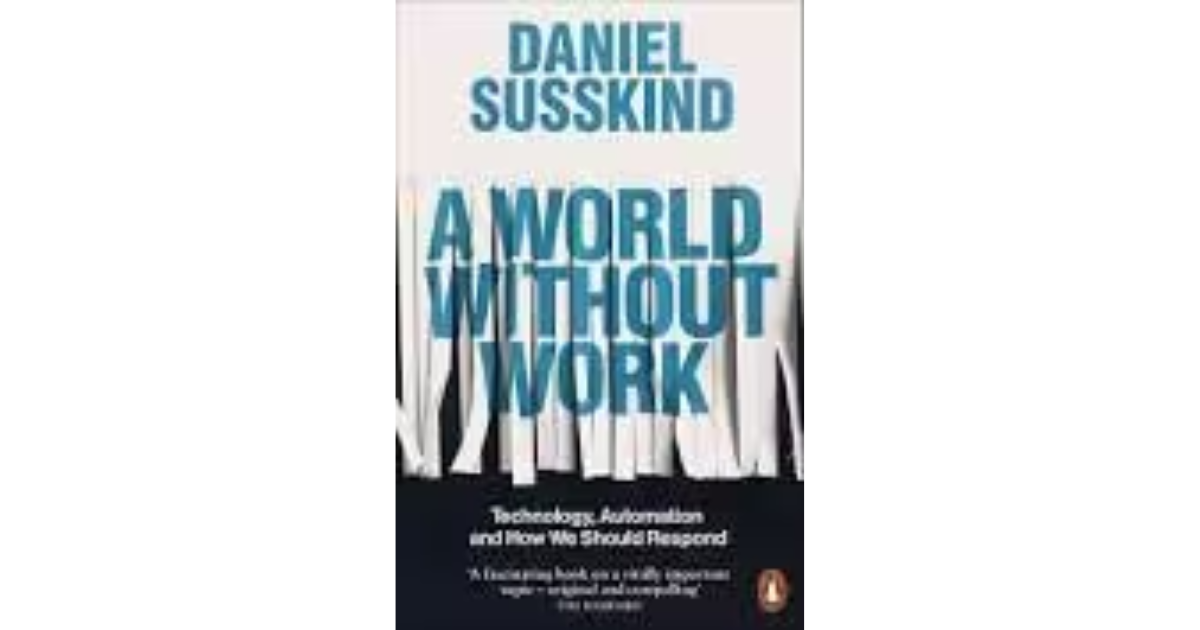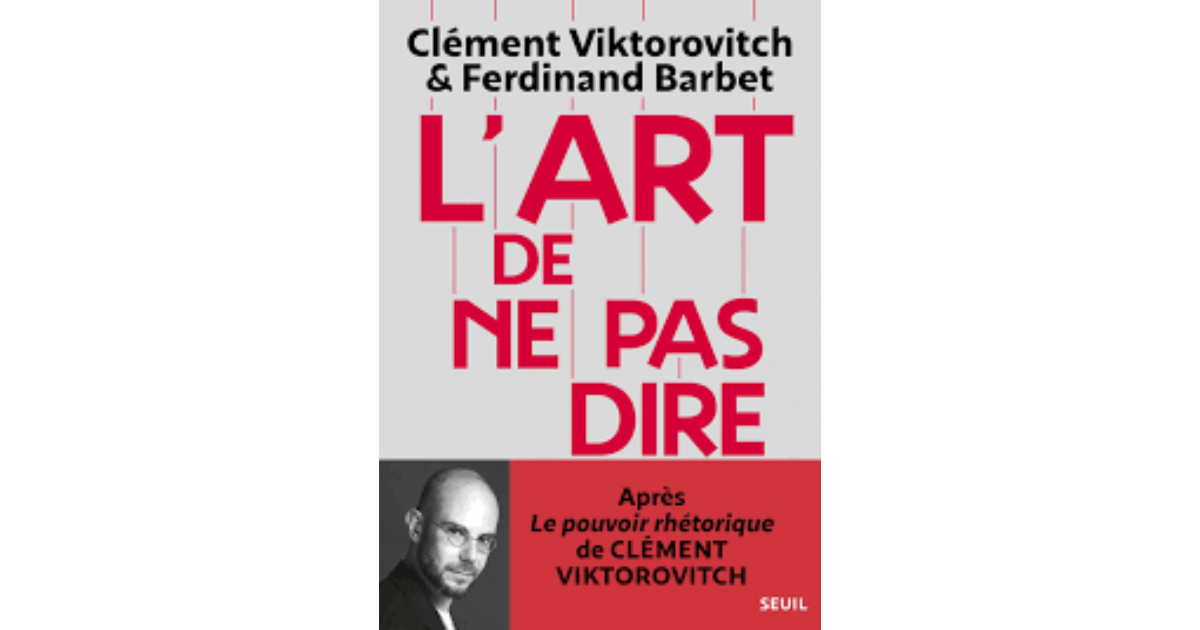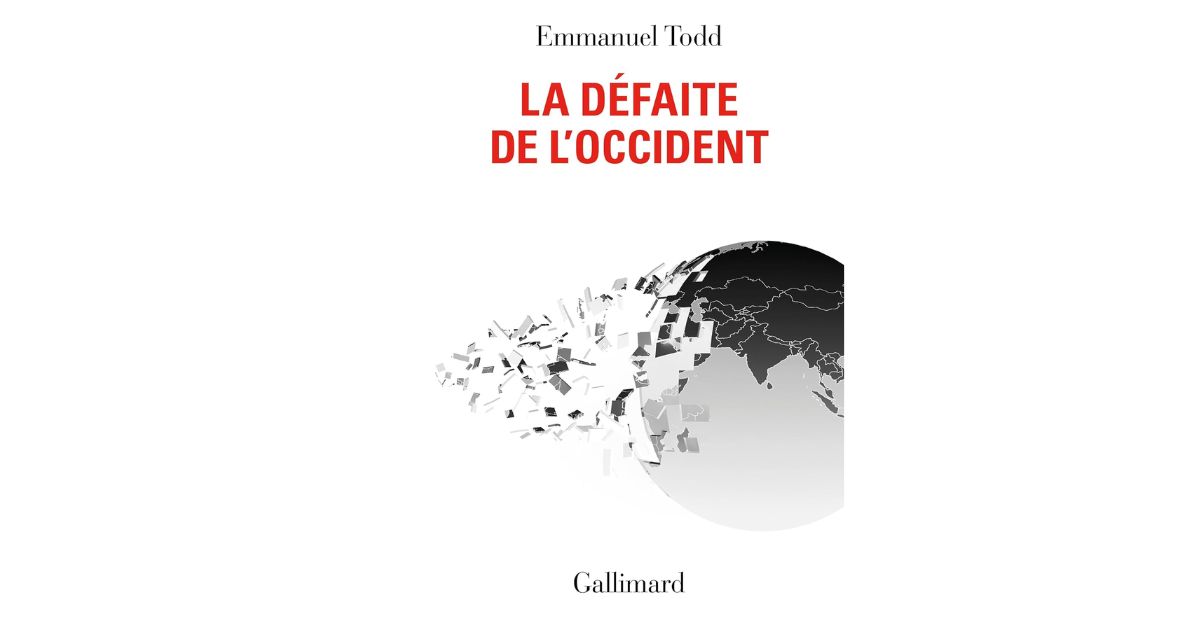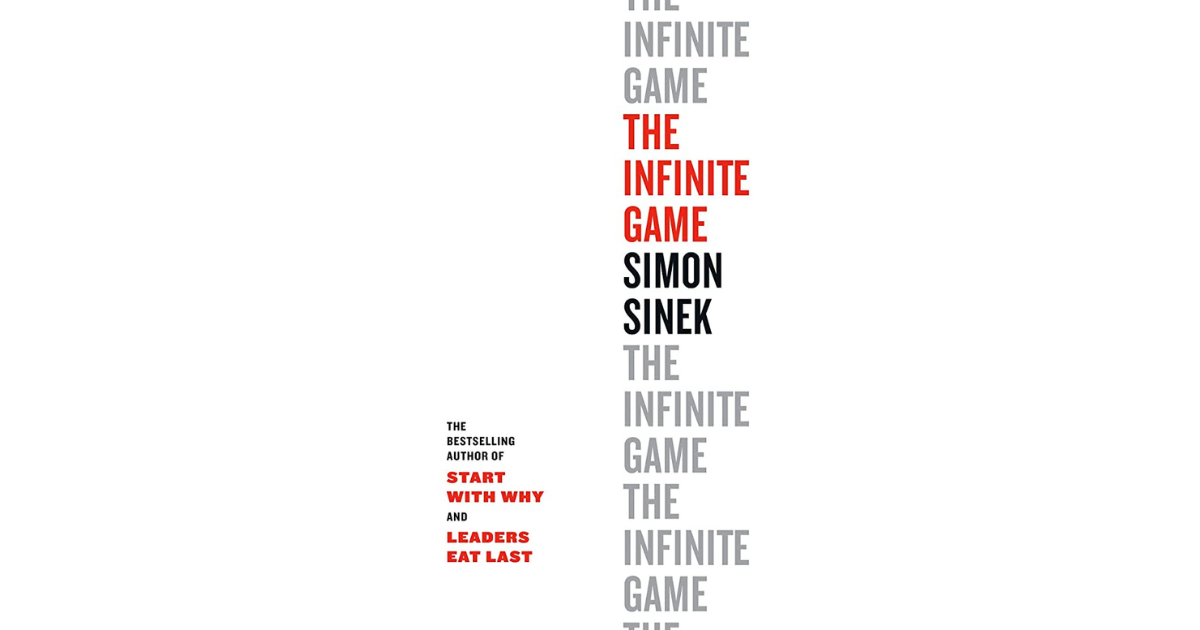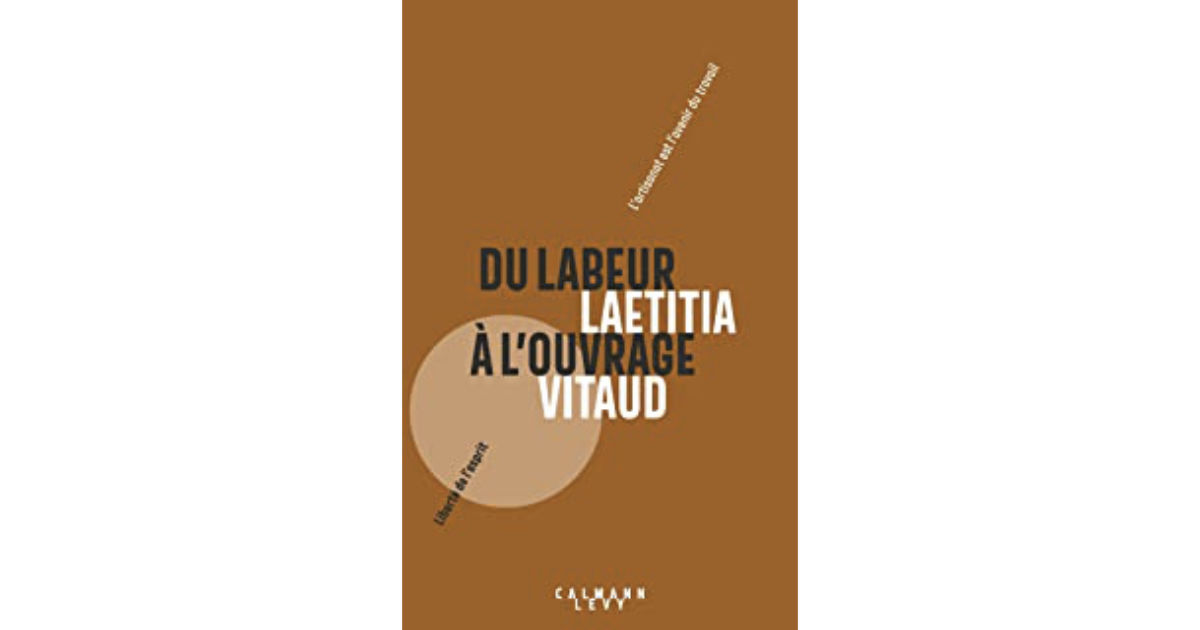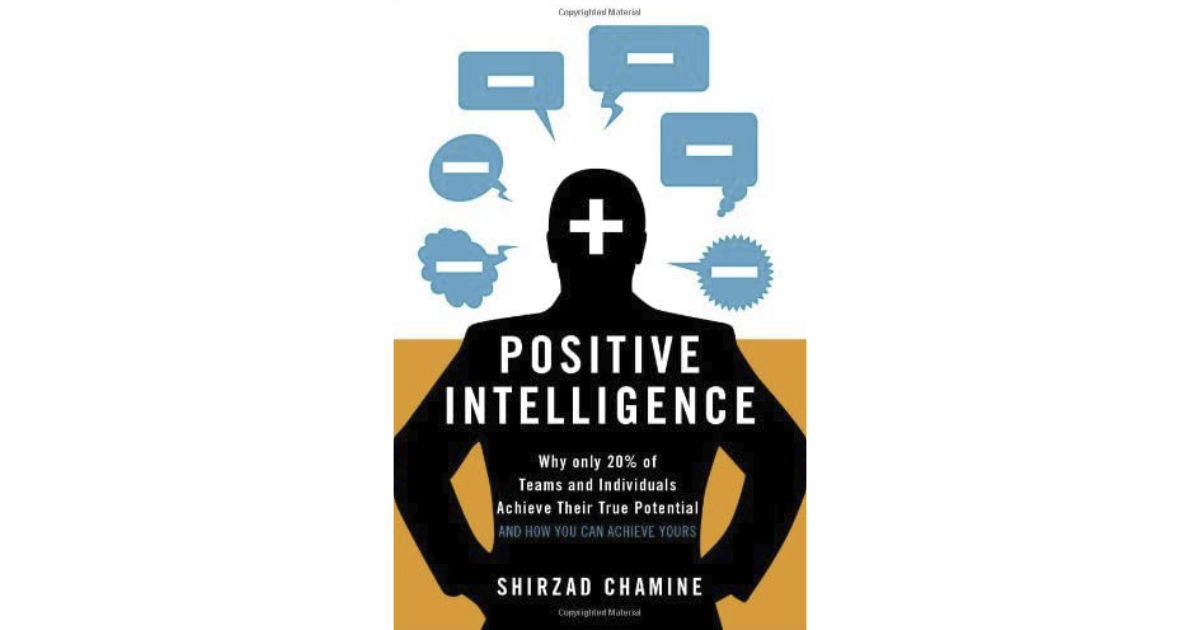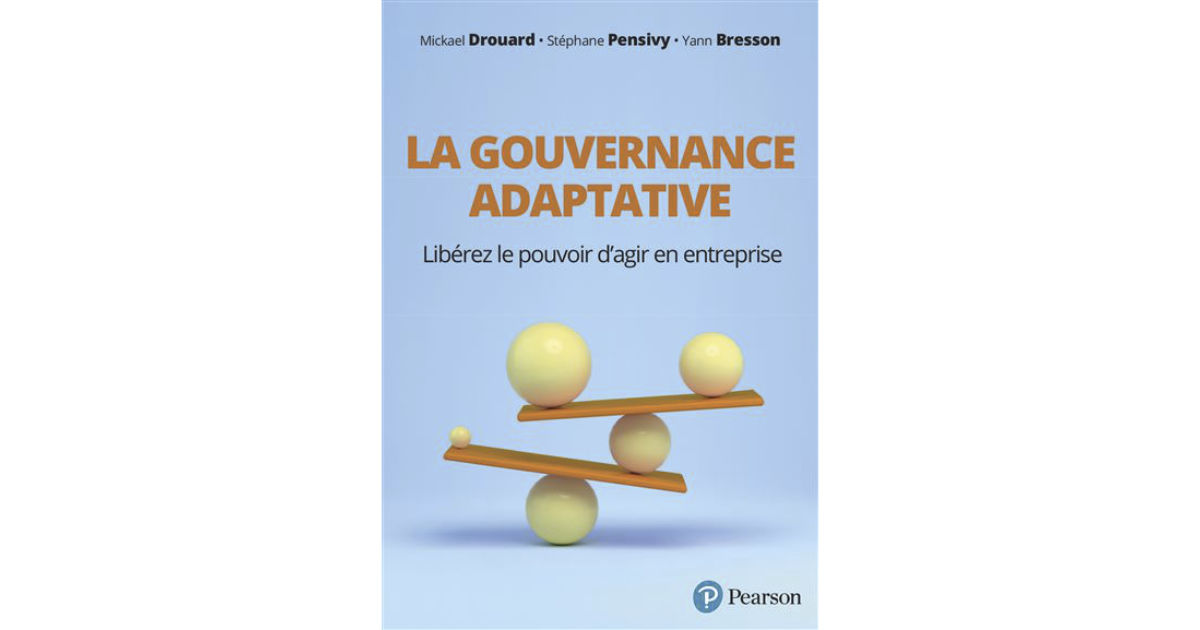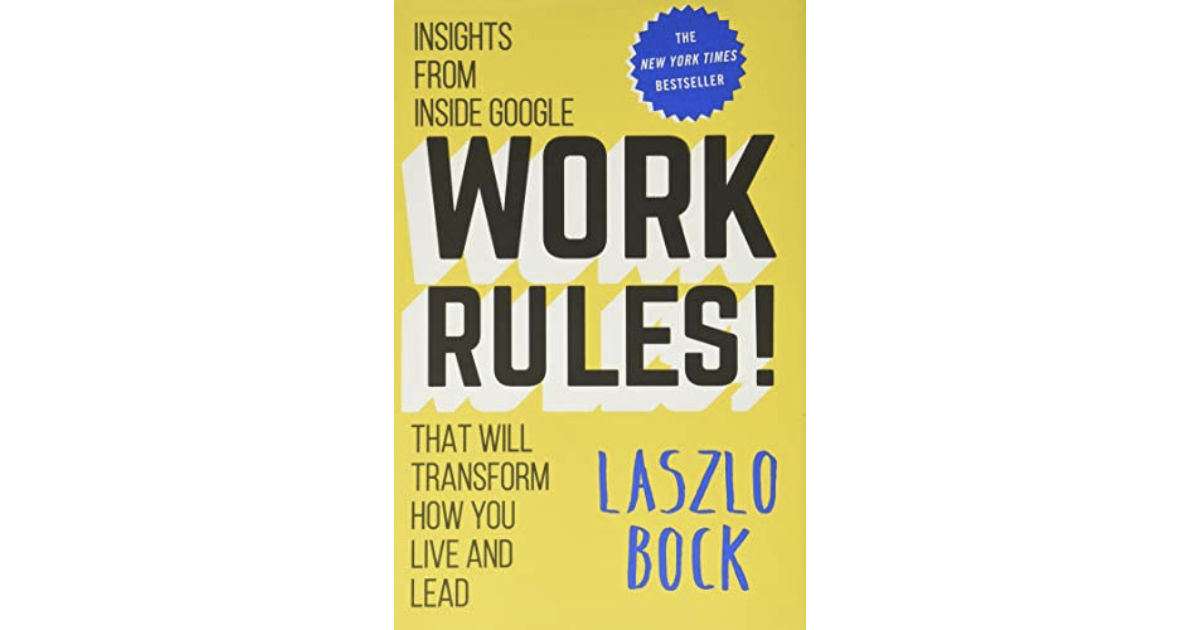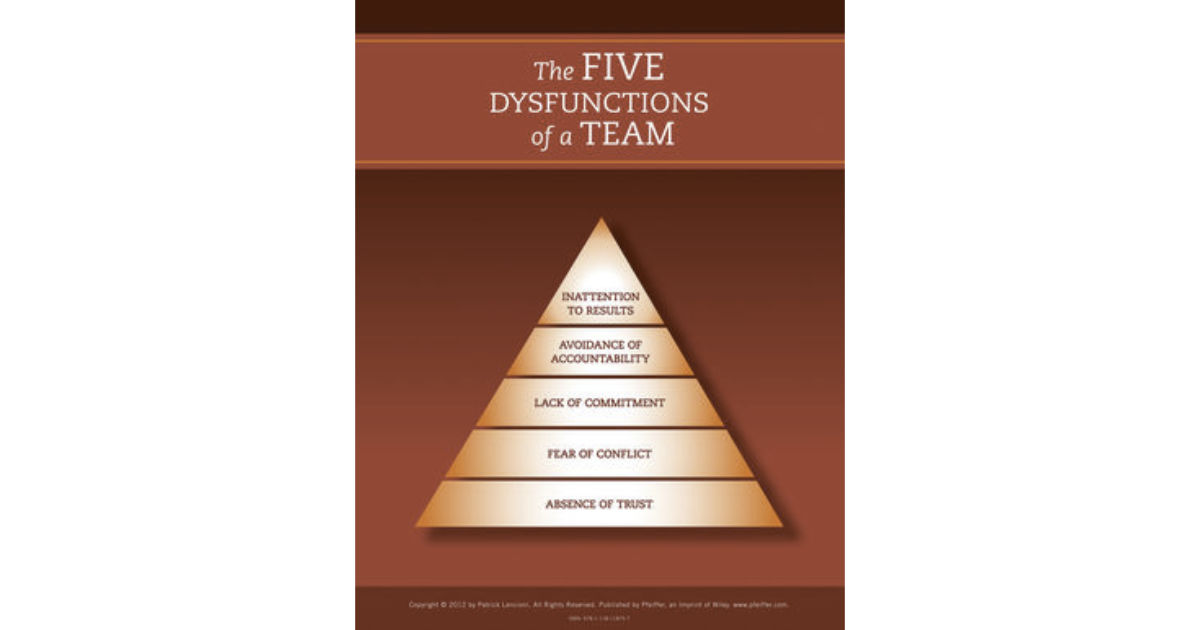What fundamentally distinguishes the world of living beings from that of machines? Where the machine has been programmed to excel in efficiency, the living world is sub-optimal, redundant, random….
Our relentless pursuit of short-term performance, efficiency and optimization, while ignoring negative externalities, is depleting our systems, our environment, the earth’s resources, and ultimately ourselves. This obsession with specific objectives ends up drowning out other, more crucial objectives for life, the collective good and the balance of the ecosystem.
Sub-optimality, slow processes, randomness and redundancy make for robust systems. Capitalizing on observations of the biological world and living processes, the author advocates a paradigm shift in our social, political and economic structures to break the growth/decrease deadlock. He proposes the third way, which shifts the focus from performance value to robustness, keeping the system stable despite fluctuations.
The author draws on his scientific knowledge as a biologist to project the theory of the robustness of living organisms to possible solutions in fields far removed from his area of expertise. Nonetheless, it’s inspiring, and ties in with some of the theories evoked by Jeremy Rifkin, “The age of resilience”, in thinking about the benefits of resilience.
“We often ask ourselves what planet we will leave to future generations. We must also ask ourselves what future generations we will leave to the planet”.





